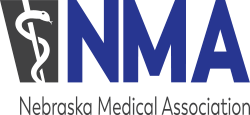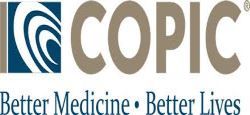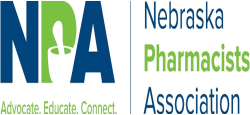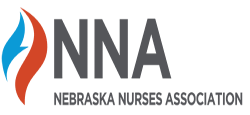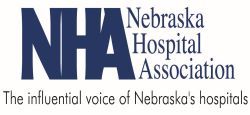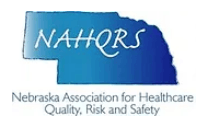Why is it important for NCPS members to report patient safety events?
There is no shared learning if there are no reported patient safety events!
Reporting safety events and near events on a regular basis maintains the reporting relationship that is required for members with written agreements in place to receive the confidentiality and privilege protections offered by NCPS.
Reporting safety events and near events allows NCPS to conduct meaningful data aggregation and analysis.
Analysis of reported events within our robust database allows NCPS to identify trends and patterns in various types of events and levels of harm (where applicable).
NCPS develops educational materials to share with its members based on reported events to assist members with driving quality improvement initiatives.
The Importance of Maintaining a Reporting Culture in Your Organization
According to the Joint Commission, "Identifying and reporting unsafe conditions before they can cause harm, trusting that other staff and leadership will act on the report, and taking personal responsibility for one's actions are critical to creating a safety culture and nurturing high reliability within a health care organization."
Click on the links below to access a Patient Safety Brief prepared by NCPS, and the Joint Commission Sentinel Event Alert 60: Developing a reporting culture: Learning from close calls and hazardous conditions.
-
This is a patient safety brief that focuses on the background and purpose of the patient safety organization program, and the importance of reporting safety events to NCPS. Regular reporting: 1) allows shared learning from aggregate analysis of reported events to help our members improve safety of care delivery, and 2) allows our members to maintain federal confidentiality and privilege protections.

